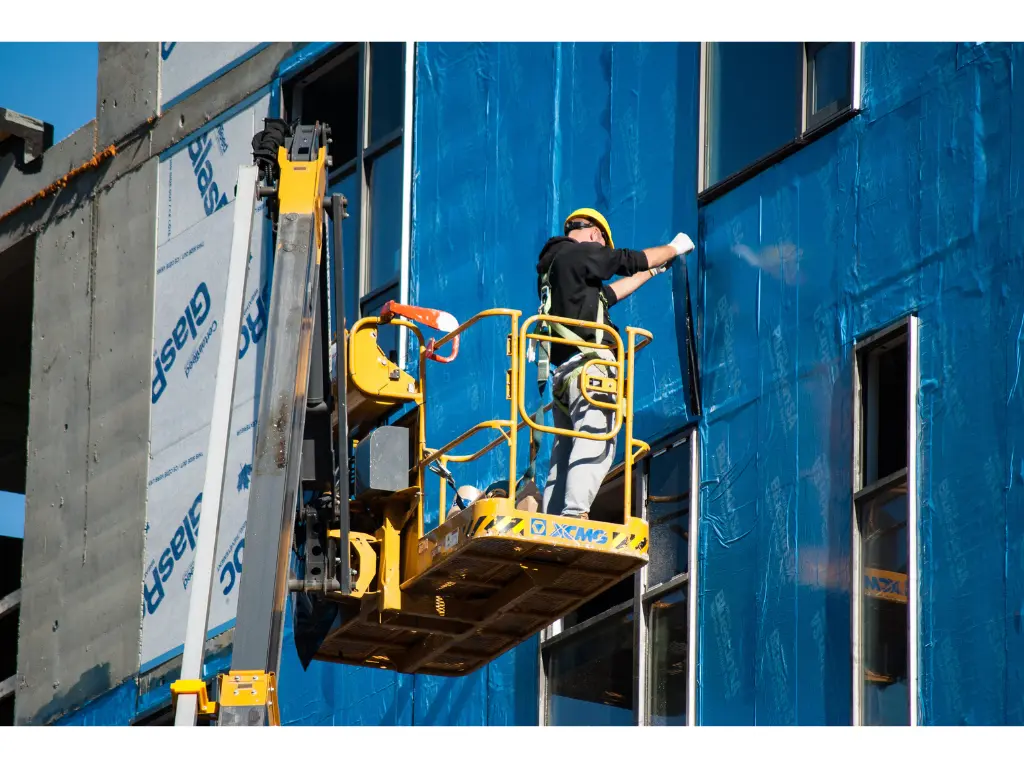- Home
- News Details
News Details

Peru Moves to Phase Out Toxic PCBs by 2028 Under New Regulation
2025-10-01 Reference source : Peru's Goverment
Hazardous chemicals Latin America Peru
The Peruvian government has issued a sweeping new regulation aimed at eliminating one of the world’s most dangerous industrial pollutants: polychlorinated biphenyls (PCBs). The measure, published under Decreto Supremo Nº 018-2025-SA, sets out strict rules for the identification, handling, and eventual destruction of PCB-contaminated equipment and waste.
What Are PCBs?
Polychlorinated biphenyls are a group of toxic, non-biodegradable chemicals once widely used in electrical transformers, capacitors, and other equipment for their insulating properties. Persistent in the environment, they accumulate in human and animal tissue, causing cancer, immune system damage, and neurological disorders. PCBs were banned globally under the Stockholm Convention on Persistent Organic Pollutants, but many countries, including Peru, still grapple with legacy contamination.
Key Provisions of the Decree
The new Peruvian regulation establishes a framework for sanitary and environmentally sound management of all equipment and waste containing PCBs:
-
Inventories Required by 2025: All PCB holders, from power companies to mining firms, must complete inventories of their contaminated equipment and waste by 31 December 2025. These inventories will be reported to the Ministry of Environment and the Environmental Oversight Agency (OEFA)
-
Elimination Deadline 2028: PCBs must be fully removed and safely disposed of by 31 December 2028. After 2025, any equipment containing PCBs will automatically be considered hazardous waste and subject to strict controls
-
Treatment Standards: The regulation allows for two routes of elimination:
-
With recovery (e.g., chemical dechlorination), where oil and equipment can be reused if PCB concentrations fall below the safe threshold.
-
Without recovery (e.g., high-temperature incineration), ensuring irreversible destruction of the pollutants
-
-
Bans on Dilution and Trade: PCB-contaminated oils cannot be diluted with clean oils to reduce concentrations. Likewise, the transfer of PCB-containing equipment or waste to third parties is strictly prohibited
-
Import and Export Rules: Import of PCB-containing goods is banned. Export of PCB waste will only be permitted when local destruction technologies are unavailable, in line with the Basel Convention on hazardous waste
Enforcement and Penalties
The Ministry of Health, through its environmental health directorate (DIGESA), will oversee occupational health standards related to PCB exposure. Meanwhile, the Ministry of Environment will manage the national PCB database and report progress internationally. Sanctions for violations range from warnings to fines of up to 100 tax units (equivalent to tens of thousands of dollars), as well as the cancellation of operating licenses in severe cases.
Public Health Measures
The decree also mandates that PCBs be added to the official list of occupational diseases within 30 days. Authorities must launch public awareness campaigns to inform communities about the dangers of PCB exposure and the government’s cleanup strategy. For futher details, you can find the Decree here (in Spanish).Â
We acknowledge that the above information has been compiled from Peru's Goverment .
Global Product Compliance (GPC) specializes in Global Regulatory Compliance Solutions across sectors
globally. SSS Europe, a familiar name in chemical regulatory and compliance services now formally belongs
under the umbrella of GPC Holding Sweden.
Since 2008, we have emerged as one of the leading names among Global Regulatory Compliance Service
Providers with Representation services in Europe, Asia and Middle East for respective chemical
regulations.

 Twitter
Twitter
